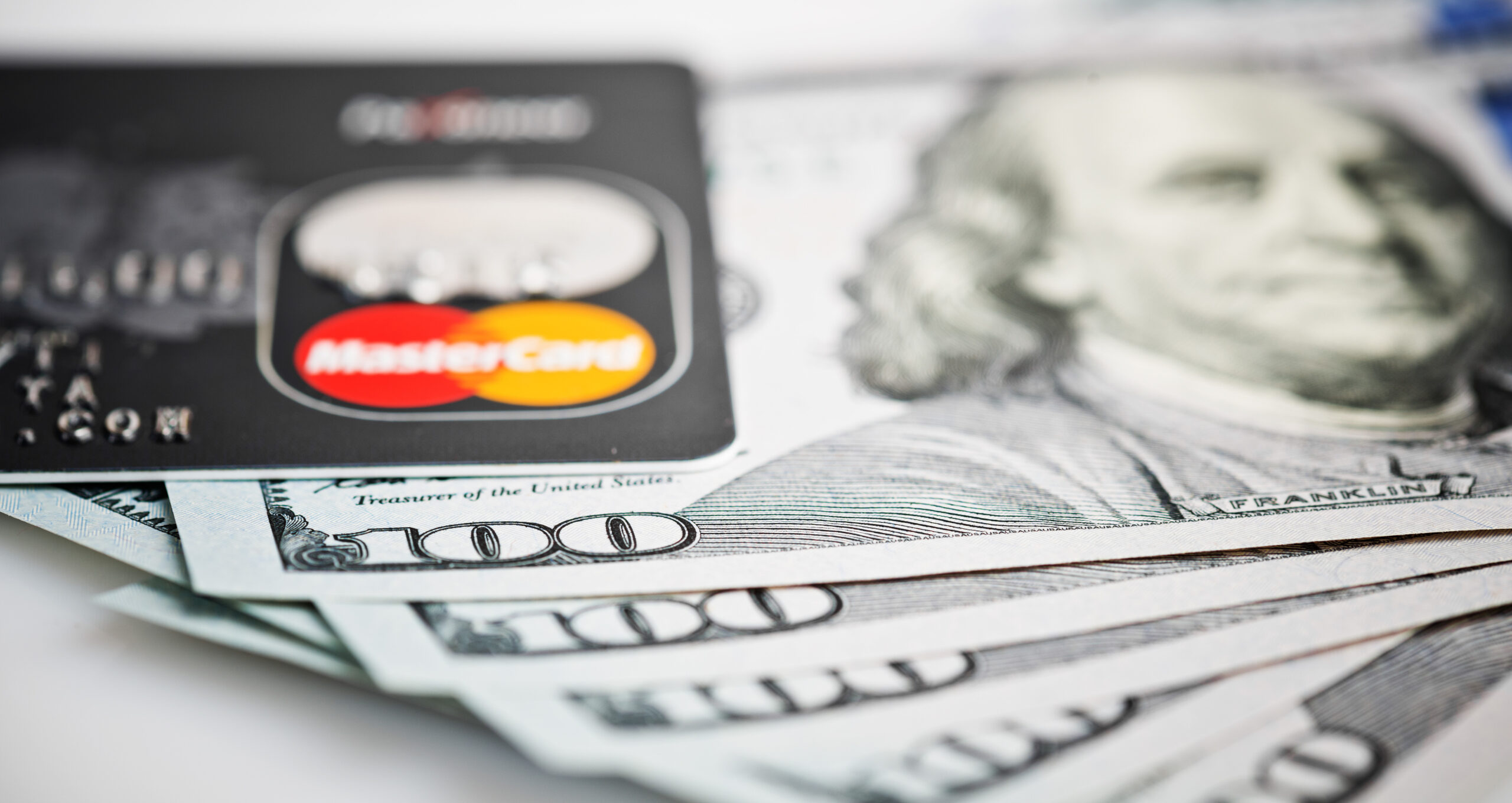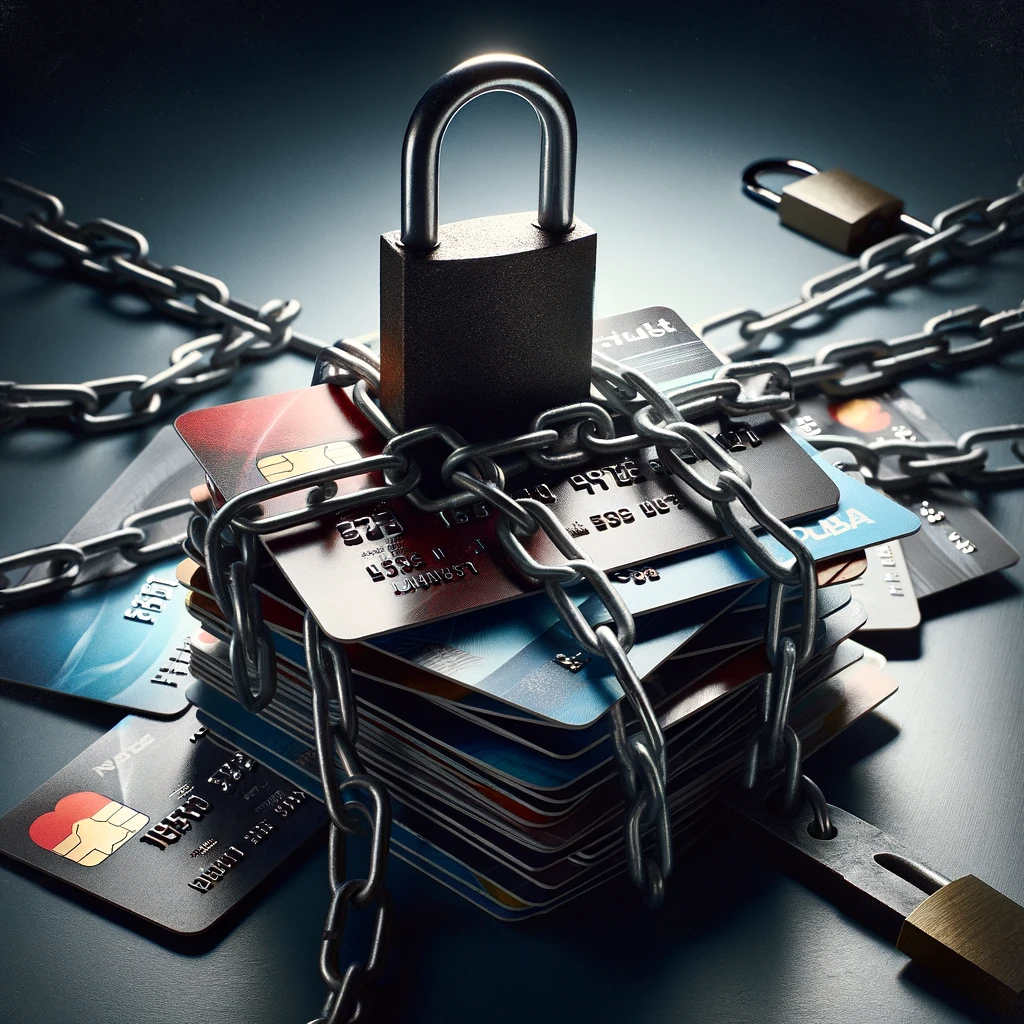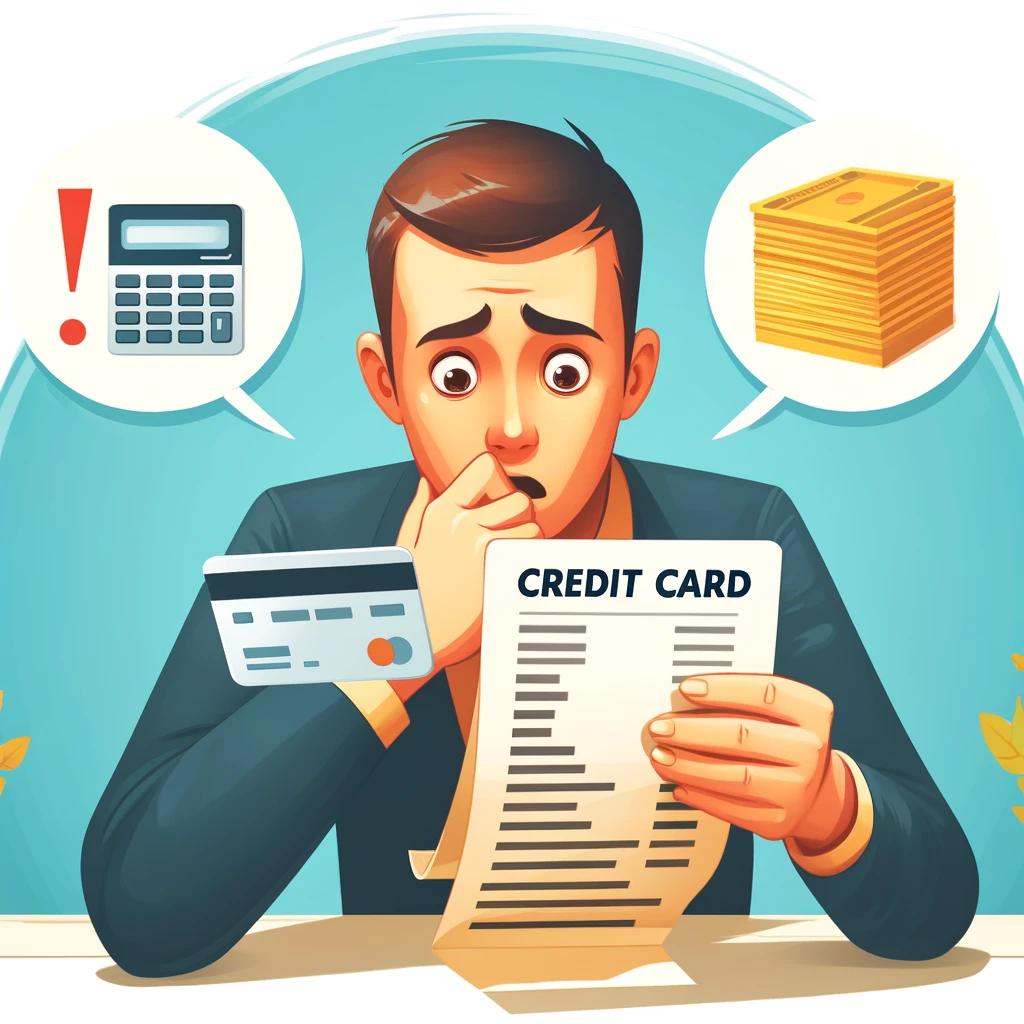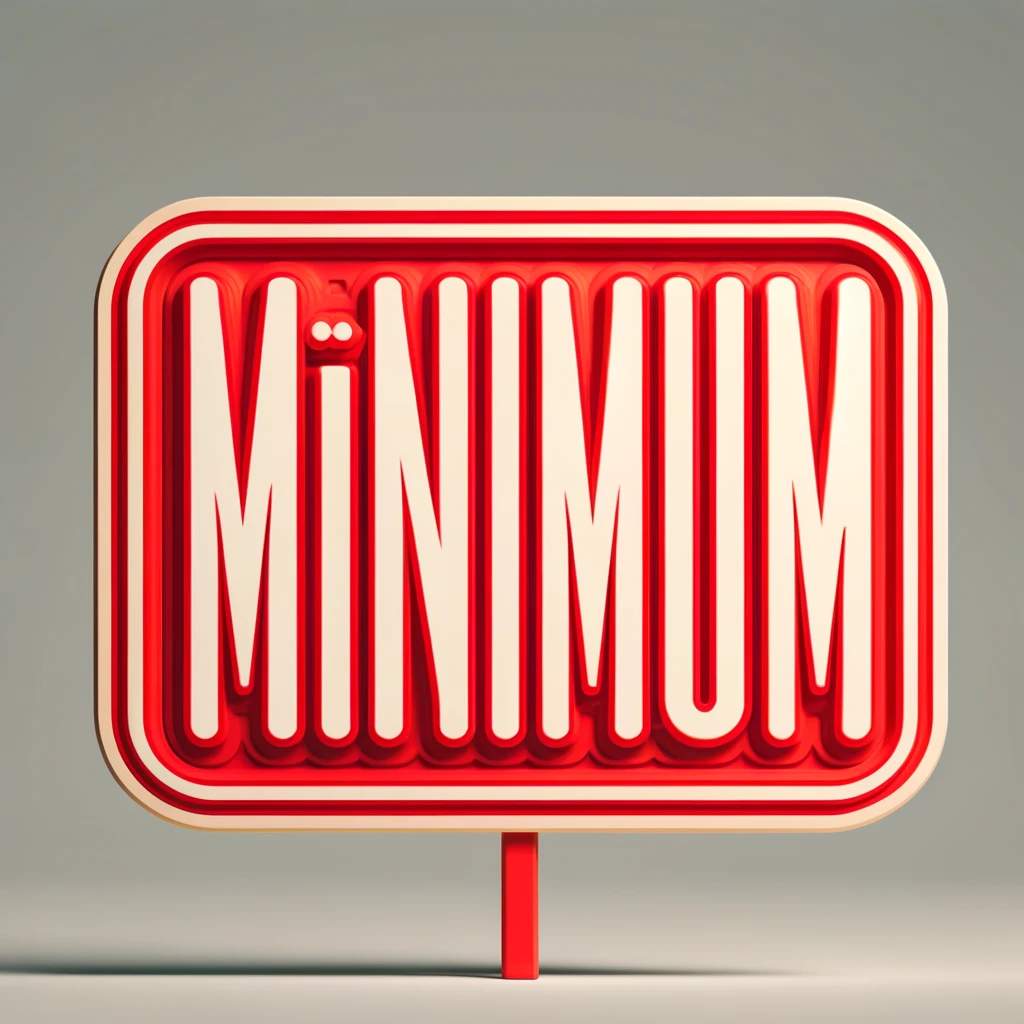Credit cards can be convenient, but they often come with hidden pitfalls that can trap you in debt. Understanding these 10 common credit card traps will empower you to make better financial decisions. By recognizing the dangers of high interest rates, late fees, and other tricky charges, you can take proactive steps to avoid falling victim to these financial pitfalls. Let’s dive into each trap and uncover strategies to sidestep them.
1. High-Interest Rates
Credit cards usually come with high interest rates. If you keep a balance on your card, the interest charges can accumulate very quickly. This credit card trap can make even small purchases very expensive in the long run. To avoid this problem, it is important to pay off your balance in full every month and to understand your card’s APR.
2. Minimum Payments
Paying only the minimum leaves the balance mostly untouched. Interest continues to accrue, leading to more debt. The result is paying significantly more than your original balance. Avoid this credit card trap by paying more than the minimum.
3. Late Payment Fees
Ensuring timely payments on credit card bills is crucial to maintaining a healthy credit score and avoiding costly penalties. Late payments can accrue interest charges and other fees, making it harder to pay off the debt over time. To avoid these financial pitfalls, it’s important to take proactive steps such as setting reminders or automating payments. With careful financial management, you can stay on top of your credit card balances and avoid falling into the debt trap.
4. Cash Advances
While cash advances are a tempting option in times of financial need, it is important to remember that they come with high fees. They also incur immediate interest charges. These charges can quickly add up and lead to significant debt if not managed properly. As such, it is advisable to use cash advances only as a last resort when no other funding options are available.
5. Balance Transfer Fees
Before you transfer your credit card balance to a lower-interest-rate card, consider the costs involved. While saving money on interest may seem smart, transfer fees can be costly and may outweigh any potential savings. It is important to evaluate the long-term impact of this credit card trap before making any decisions. So, take the time to carefully consider all the factors and make an informed decision.
6. Foreign Transaction Fees
Using your credit card abroad can incur steep foreign transaction fees. These fees often exceed 3% per transaction. Avoid this trap by finding cards without foreign transaction fees or using local currency options.
7. Introductory Offers
Promotional offers can be tempting, but their limited lifespan means that once they expire, interest rates can skyrocket. To avoid this pitfall, make sure to carefully read the conditions of the introductory offers and take note of the expiration date.
8. Reward Program Temptations
Spending only to earn rewards or cash back can easily lead to unnecessary debt. This credit card trap preys on the desire to get the most out of your card. Only buy what you need and pay off the balance fully each month.
9. Over-the-Limit Fees

It’s important to stay within your credit limit to avoid over-the-limit fees. Some credit cards allow you to spend beyond your limit, but they charge high fees for doing so. Keep track of your spending to avoid worsening your financial situation.
10. Ignoring Statements
Failing to review statements can mean missing unauthorized charges or errors. Monitor your statements regularly to spot potential issues early. By staying informed, you can avoid letting small problems snowball into larger financial pitfalls.
Break Free from Credit Card Traps
Recognizing these credit card traps is the first step toward financial freedom. Stay informed, make sound financial decisions, and use credit cards responsibly.
Read More
Dave Says: It’s a Credit Card Addiction
8 Ways to Take Care of Your Aging Back Without Breaking the Bank




































